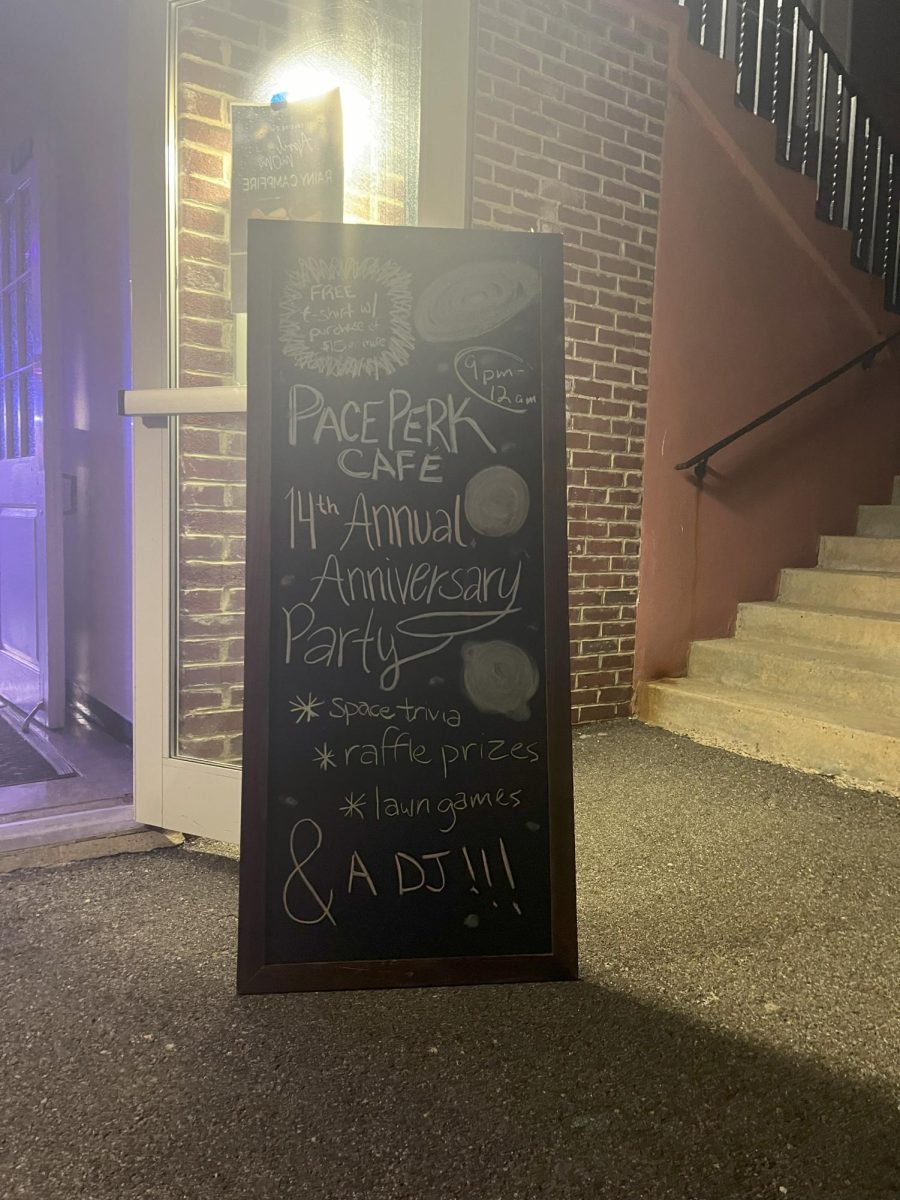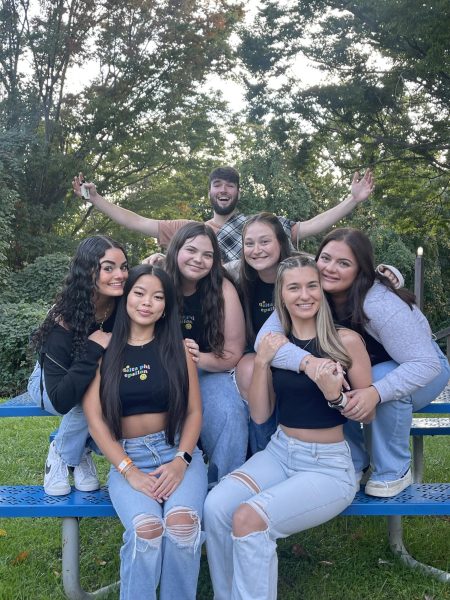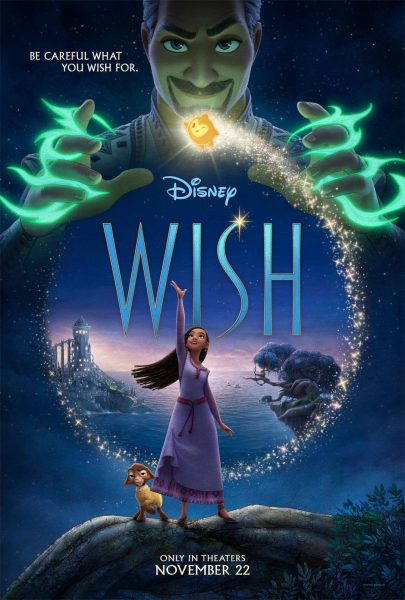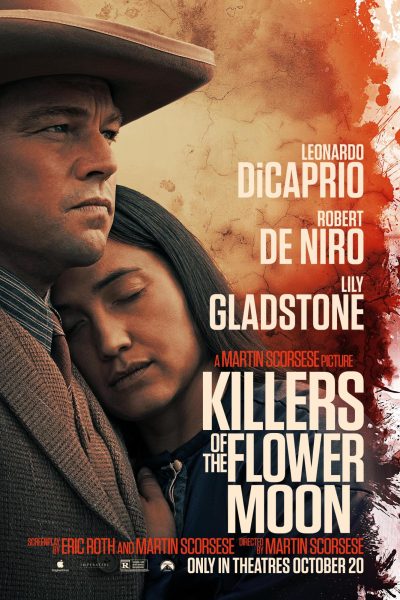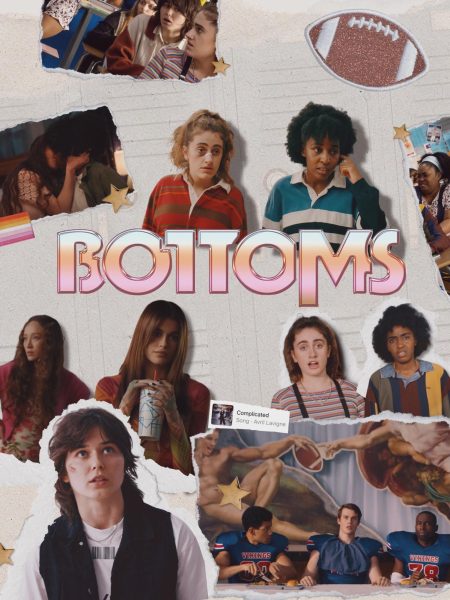The Other F-Word
November 6, 2014
In one of my classes this past Monday, it seemed as though I stepped out of a time machine and into the 1950s.
A professor, who shall remain anonymous, brought up a recent incident regarding Ted Bishop, the former president of the PGA who was fired for a tweet in which he called professional golfer Ian Poulter a “little girl.” Bishop (who, incidentally, has two daughters) was impeached for the inappropriate and sexist comment.
The PGA has been actively trying to incorporate more women into their male-dominated organization—out of the PGA’s 27,000 members approximately 1,100 are women.
Our class discussion began regarding whether or not Bishop’s punishment fit his crime. Should Bishop have been fired? What if he had just called Poulter a child rather than a little girl? What are the implications of such an insult? And why does gender equality matter, anyway?
“I feel like there’s no line anymore,” a male student said. “Soon you’re not going to be able to insult anyone. You’re not going to be able to call someone a duck without someone getting offended.” He also added how this, in turn, was a violation of his First Amendment rights.
At this point, I feel like I should offer a disclaimer: I’m usually a soft-spoken, easygoing, conflict-avoiding person. But when someone speaks ignorantly about feminism and the issues surrounding it, I can’t help but speak up, shed some light, and throw some shade.
“The difference between ducks and women–” I said, starting a sentence I never would’ve thought I’d actually have to say– “is that women have been systematically oppressed since the beginning of their existence. Ducks have not.”
My professor, keeping with the bird analogy, responded with, “Chickens are oppressed, but no one speaks out for them.”
“That’s because chickens don’t have a voice,” I said, dumbfounded.
A female student sitting behind me remarked, “That’s even sadder!”
First of all the many, many things wrong with that statement is that you cannot compare the plight of chickens to the plight of women throughout history.
I’m not trying to downgrade or gloss over the atrocities that chickens face on a daily basis, it’s just that these are two completely different issues on an entirely different plane.
Chickens are tortured and horribly mistreated, but I can say, with some degree of certainty, that they do not participate in a predominantly heterosexual patriarchy that caters primarily to white males.
Chickens may be victims of factory farming and big agriculture business, but they don’t have sex trafficking, unequal or no education for women, or date rape drugs. Chickens don’t warn their daughters about going out alone at night, or accepting a drink from a man, or take into account what rape victims were wearing when they were attacked.
I think what’s truly sad is that women do have voices and have been expending tremendous efforts on their quest for basic human rights for hundreds of years, and still have managed to be marginalized, silenced, and made to feel inadequate.
Several minutes after my professor made the initial comment, he was speaking about social media and how the industry has become “a young man’s game.” Then, looking pointedly at me, he said, “Sorry, a young person’s game. I’m not oppressing you.”
While the exchange in my class was mildly infuriating, I think what really grates my cheese is that I felt as if I was an alien on planet Feminism speaking an entirely different language.
Both our society and Pace as a community have not been vocal or properly educated about feminism, and students are wary of identifying themselves with such a label.
But feminism, at its core, is the belief that men and women should be offered the same opportunities, the same rights, and the same respect. It means standing in solidarity with women all over the world who have fought for education, freedom, and civil rights.
It does not mean that you hate men, or you need to burn your bra, or you can never shave your legs again. It just means getting to choose what makes you happy and having the freedom to express yourself in any way, regardless of whether or not men find it attractive.
It’s about identifying your own internalized misogyny; to stop saying, “I’m not like other girls,” as if that’s the worst thing you can be. It is self-empowerment, empowerment of others, and self-love.
Feminism’s bad rap is incredibly detrimental to our society and our campus as a whole.
I find it hard to believe that, out of a large class comprised of mostly women, I was the only one who spoke out against the dichotomy of standards placed on women.
A patriarchy does not serve anyone, including men. Rather, it places unrealistic standards upon both men and women, and holds hyper-masculinity as the ideal. This society keeps us suspended in a sexist limbo where women cannot speak out about feminism without being ridiculed or called out, where men are taught to never show vulnerability, and where “little girl” is a scathing insult.
Regardless of your gender, it is crucial to be educated about social issues, to challenge stereotypes, and to stand by your beliefs, values, and integrity.


